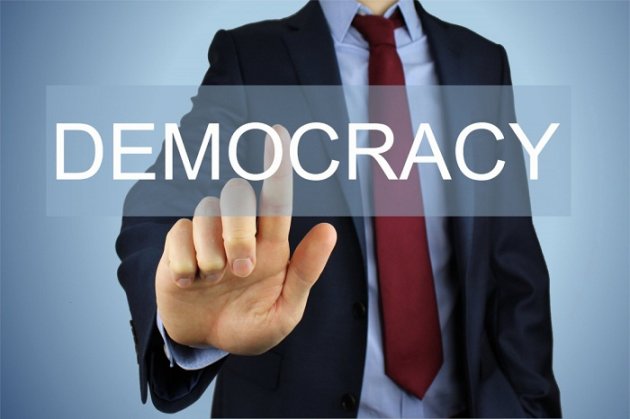Open source projects thrive on collaboration, innovation, and the collective intelligence of a diverse community. However, like any democratic system, they are not immune to challenges. One of the persistent issues in open-source development is the lack of inclusivity. In this blog post, we’ll explore the importance of inclusivity in open-source projects and discuss strategies to debug democracy, making these projects more accessible and welcoming to a broader range of contributors.

Table of Contents
The Current Landscape
Open source projects, by their nature, encourage a decentralized approach to development, allowing anyone to contribute. Despite this ethos, there is often an unintentional bias towards certain demographics, such as gender, ethnicity, or geographical location. This lack of diversity not only hampers the overall quality of the projects but also stifles innovation by limiting the perspectives brought to the table.
Understanding the Importance of Inclusivity
Inclusivity is not just a buzzword; it’s a fundamental principle underpinning open source projects’ success. A diverse group of contributors brings a variety of experiences, skills, and viewpoints, leading to more robust and adaptable software. Beyond the technical aspects, inclusivity fosters a sense of community and belonging, encouraging sustained engagement and long-term project growth.
To further bolster inclusivity and advance the goals of open source projects, consider the strategic decision to hire a dedicated software development team from Sunbytes, ensuring a diverse skill set and collaborative expertise in the pursuit of democratic, inclusive innovation.
Debugging Democracy in Open Source
1. Education and Outreach:
To foster inclusivity, open-source projects must actively engage in educational outreach programs. This involves creating resources and documentation that are beginner-friendly and easily accessible. Additionally, organizing workshops, webinars, and mentorship programs can help newcomers overcome initial barriers and gain confidence in contributing.
2. Code of Conduct:
Implementing and enforcing a strong code of conduct is crucial for creating a safe and respectful environment within open-source communities. This code should explicitly outline acceptable behavior and consequences for violations, ensuring that all contributors feel secure and valued.
3. Diverse Leadership:
Leadership roles in open-source projects should reflect diversity. Projects can send a powerful message about their commitment to inclusivity by promoting and actively seeking leaders from underrepresented groups. Diverse leadership also helps shape project policies and practices catering to a wider audience.
4. Transparent Decision-Making:
Transparency in decision-making processes is essential for building trust within the community. Clearly communicating the reasons behind certain choices and involving the community in major decisions helps prevent feelings of exclusion. Tools like public forums, mailing lists, and regular meetings contribute to an open and participatory decision-making culture.
5. Accessibility:
Ensuring that the development environment, communication channels, and documentation are accessible to individuals with diverse abilities is paramount. This includes providing alternative formats for documentation, considering color contrasts in user interfaces, and employing other accessibility best practices.
Debugging democracy in open-source projects requires a concerted effort to break down barriers and make the development ecosystem truly inclusive. By embracing diversity, fostering a culture of respect, and implementing practical measures, the open-source community can create an environment where everyone feels welcome to contribute. In doing so, we improve the quality of our software and strengthen the foundation of collaborative, open development. Inclusivity is not just a virtue; it’s a necessity for the continued success and evolution of open-source projects in the digital age.




